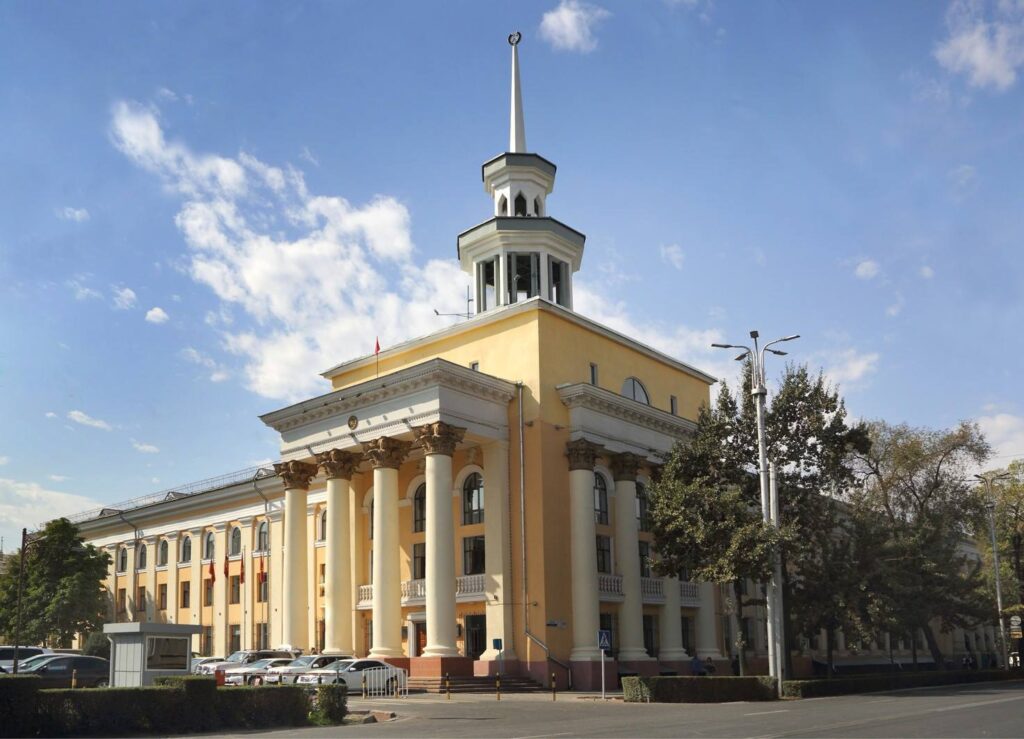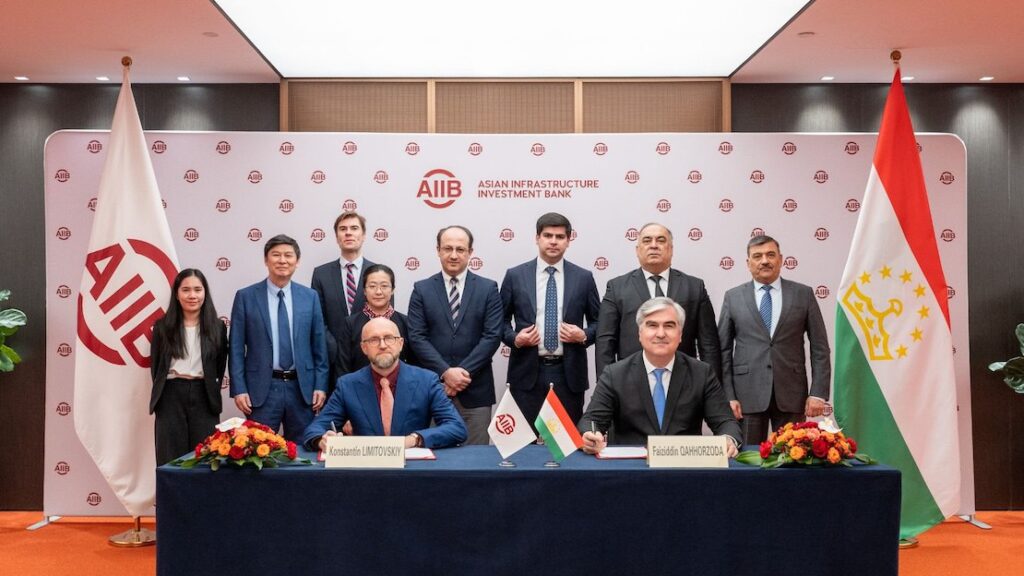ALMATY, Kazakhstan (TCA) — In Kazakhstan, known for its unhealthy banking sector, taking out a loan involves a whole array of hidden costs, which causes outrage of citizens that borrow from the banks. We are republishing the following article on the issue, written by Almaz Kumenov, originally published by Eurasianet:
For a short while, the courts in Kazakhstan were siding with borrowers drowning under specious banking charges. Now, the authorities have had a change of heart.
Assel Isaliyeva, a 35-year-old anesthesiologist at an Almaty hospital, is anxious about what this means for her.
In 2014, she borrowed 700,000 tenge (about $4,600 at the time) from Forte Bank to refinance an earlier, more expensive loan, from Kaspi Bank. The original loan had been to pay for career-boosting training. The cash injection was supposed to be a leg-up, but it just about buried her.
As Isaliyeva and countless others have learned, banks in Kazakhstan lard their loan agreements with all manner of additional service charges. By the fall of last year, she had paid around 240,000 tenge ($900 at the updated, post-devaluation exchange rate) in loan-management fees alone.
“I am outraged. The banks were legally earning 20 percent [in interest] from [me] every year. And that was not enough for them. I had to go without a lot just so I could repay this loan,” Isaliyeva told Eurasianet.
Debt-ridden bank customers and their advocates are indignant about the levies they view as barely legal.
“Banks have dreamt up these charges just to make more money. Maintaining a loan account is not a banking operation. Banks are not entitled to receive payment for this,” said Rimma Sayfutdinova, a lawyer at a group called Karaganda Region Civil Council, which has represented bank customers in court.
Taking out a loan involves a whole array of hidden costs. Lenders charged customers for just accepting and processing loan applications. Another fee was assessed when the loan was actually paid out. And then borrowers had to pay for their liabilities to be administered, hence the loan-management fees.
“It is as if I had gone to the store, and in addition to paying for the shopping, I also had to pay the cashier for totaling up what I owed and handing me the things that I paid for,” Isaliyeva said.
Interest rates on loans and mortgages are crippling enough as it is – anywhere from 20 percent to 30 percent. But research published by the National Bank in February shows that once fees are factored in, banks in Kazakhstan have been offering long-term loans with a real annual interest rate of 56 percent.
Borrowers got some reprieve, however, when the banking regulator in July 2016 adopted a resolution clarifying what fees could be incorporated within the effective interest rate. The loan-management fee was not among the permitted charges.
This was the spark for a spate of lawsuits against banks as borrowers demanded repayment of fees. And to the plaintiffs’ delight, the courts ruled in their favor.
A tsunami of banking-related cases ensued. A cottage industry of law firms specialized in pursuing bank claims suddenly appeared.
The banks, meanwhile, have insisted that they are acting fully within the law. Halyk Bank, Kazakhstan’s largest lender, responded to complaints by pointing out that borrowers had willingly signed credit agreements detailing all the commissions.
But the head of the National Bank’s consumer-rights protection division, Alexander Terentiyev, told Eurasianet that the lenders had previously been warned that they were overstepping the mark.
“In 2012, we sent a letter to banks about the illegality of charging fees for managing a loan account,” he said.
Independent analysts argue that this kind of industry-wide exploitation is a leading reason for the chronically unhealthy state of the nation’s banking industry. The ratio of non-performing loans to total loans in Kazakhstan was 8.6 percent in March, according to official figures. The real number may be even higher.
“The lending market is not developing the banking sector. On the contrary, they are aggravating its condition by accumulating bad debts,” Peter Svoik, an economist known for his critical views of the state’s economic policies, told Eurasianet.
The government has poured billions of dollars into the banking system over the years in a Sisyphean effort to fix things. Only small amounts of money were returned.
Some top officials take the view that the banks are not wholly at fault though.
Supreme Court justice Akyltai Kasimov said in an interview in December that of all the “civil cases considered by the Supreme Court, 42 percent stem from disputes between citizens and banks.” And this state of affairs is not beneficial for the economy, he complained.
With this in mind, lawmakers have rallied to the side of the banks.
In January, the law was changed to ban the extra fees. But the amendments had a little-reported sting in the tail. Since the ban was only just coming into force, all retroactive claims effectively became null and void.
As if to confirm that, Sayfutdinova, the lawyer, told Eurasianet that since February the courts have been rejecting plaintiff petitions on the grounds that they did in fact willingly sign contracts and did agree to pay fees.
Now, even the borrowers who got the refunds in time are worried.
“Just imagine. Under these new circumstances, the bank could sue me, and I will have to pay back the fees,” Isaliyeva said.








